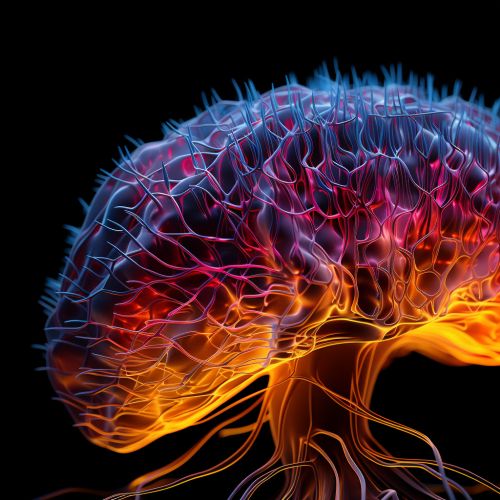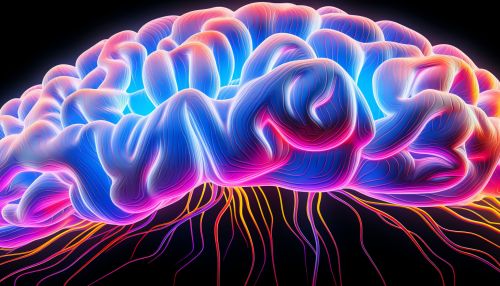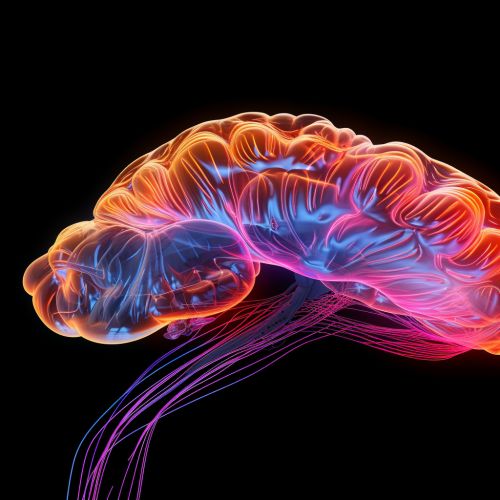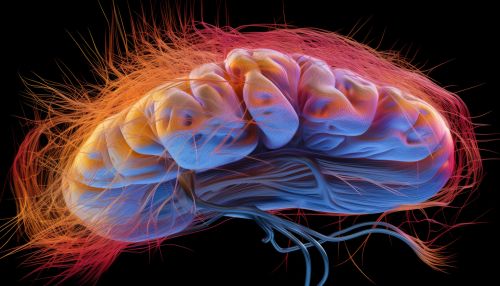Cognitive Mechanisms of Cognitive and Motor Performance
Cognitive Mechanisms
Cognitive mechanisms are the processes that the brain uses to gather, process, and respond to information. These mechanisms are responsible for a wide range of cognitive functions, including perception, attention, memory, and decision-making. The study of these mechanisms is a central focus of cognitive psychology and cognitive neuroscience.
The brain's cognitive mechanisms are complex and interconnected. They involve a variety of different brain regions and neural circuits, each of which contributes to different aspects of cognitive and motor performance. For example, the prefrontal cortex is involved in executive functions such as planning and decision-making, while the cerebellum plays a key role in motor coordination and learning more.
Perception and Attention
Perception is the process by which the brain interprets sensory information from the environment. This involves a number of different cognitive mechanisms, including feature detection, pattern recognition, and perceptual organization. Attention, on the other hand, is the cognitive mechanism that allows us to focus our mental resources on specific stimuli or tasks, filtering out irrelevant information.
The cognitive mechanisms of perception and attention are closely linked. For instance, selective attention, the ability to focus on one stimulus while ignoring others, is crucial for perceptual processing. This is because the brain has limited processing capacity, and cannot attend to all sensory information at once more.


Memory
Memory is another crucial cognitive mechanism. It involves the encoding, storage, and retrieval of information. There are different types of memory, each with its own specific cognitive mechanisms. For example, working memory, which is used for temporarily holding and manipulating information, relies on the prefrontal cortex and other brain regions involved in attention and executive functions more.
Long-term memory, on the other hand, involves the hippocampus and other parts of the medial temporal lobe. It is responsible for the storage and retrieval of information over long periods of time. This includes both declarative memory, which is conscious and can be verbally expressed, and non-declarative memory, which is unconscious and includes skills and habits more.
Decision-Making and Executive Functions
Decision-making is a complex cognitive mechanism that involves evaluating options, weighing risks and rewards, and choosing an appropriate course of action. It is a key component of executive functions, which are higher-order cognitive processes that regulate, control, and manage other cognitive functions.
The prefrontal cortex plays a central role in decision-making and other executive functions. It is involved in functions such as planning, problem-solving, and inhibitory control. Damage to the prefrontal cortex can lead to impairments in these functions, resulting in difficulties with decision-making and other cognitive tasks more.
Motor Performance
Motor performance refers to the execution of physical actions. It involves a variety of cognitive mechanisms, including motor planning, motor control, and motor learning. These mechanisms rely on a network of brain regions, including the motor cortex, the basal ganglia, and the cerebellum.
Motor planning is the process of preparing and organizing a sequence of movements. It involves the prefrontal cortex and other brain regions involved in decision-making and executive functions. Motor control, on the other hand, involves the execution of movements and relies on the motor cortex and other brain regions involved in motor functions more.
Motor learning is the process of improving motor skills through practice. It involves changes in the brain's motor circuits, and relies on the cerebellum and other brain regions involved in learning and memory more.


Interactions Between Cognitive and Motor Mechanisms
Cognitive and motor mechanisms are closely interconnected. For instance, motor actions often require cognitive processes such as decision-making and attention. Conversely, cognitive tasks can be influenced by motor processes. For example, research has shown that physical activity can enhance cognitive functions such as memory and attention more.
The interactions between cognitive and motor mechanisms are complex and multifaceted. They involve a variety of brain regions and neural circuits, and are influenced by a range of factors, including individual differences, task demands, and environmental conditions. Understanding these interactions is a key challenge for cognitive neuroscience and related fields.
